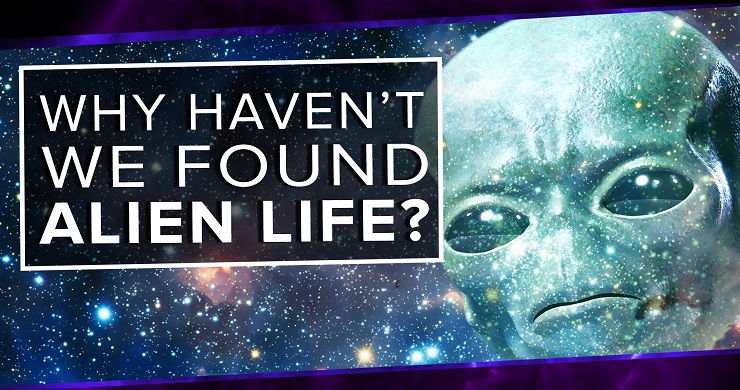Statistically speaking, there should be alien life in our universe. So why haven’t we found any evidence of intelligent life?
Both panspermia (life was seeded from space) and fast biogenesis (fast development of life on any planet) suggest that there should be life everywhere. The Fermi paradox says that even if other planets had life, there is a filter event that stops that life from progressing: nuclear war, biographic/geographic disaster, etc.
This is supported by the scientific record – single-celled organisms developed quickly, and even multi-celled organisms involved multiple times, but did not progress to complexity.
The universe contains a tremendous number of resources that *could* lead to life, but Earth may be the first planet to support intelligent life. There will be more, but it may take millions of years.
Key Takeaways:
- According to the Kepler, Space Observatory the Milky Way is home to more than a billion water-possessing planets, potentially suitable for life.
- The Fermi paradox suggests the galaxy is not teeming with life, because life rarely happens, or because life is eradicated before it gets to the colonization stage.
- The Anthropic Principal states that an observer will inevitably observe a universe that can create more observers.
“Nature has provided us with the perfect time capsule for studying the very early Earth, Zircons. Super hard silica crystals whose formation can be dated precisely by the ratio of decaying uranium versus lead decay product locked inside.”
~Comments always welcome…
Related Content:
References:
- Patreon.com/pbsspacetime
- PBS Space Time (YouTube Channel)


Leave a Reply